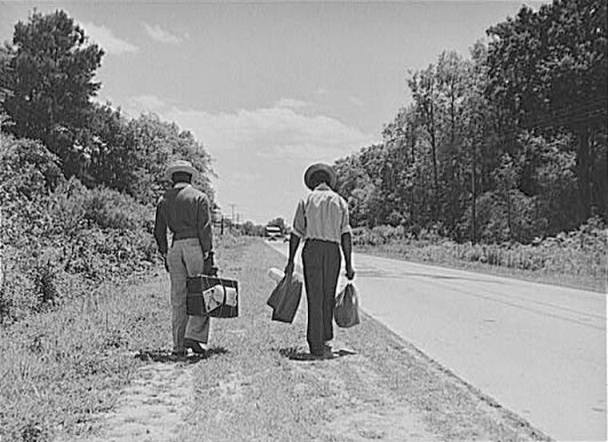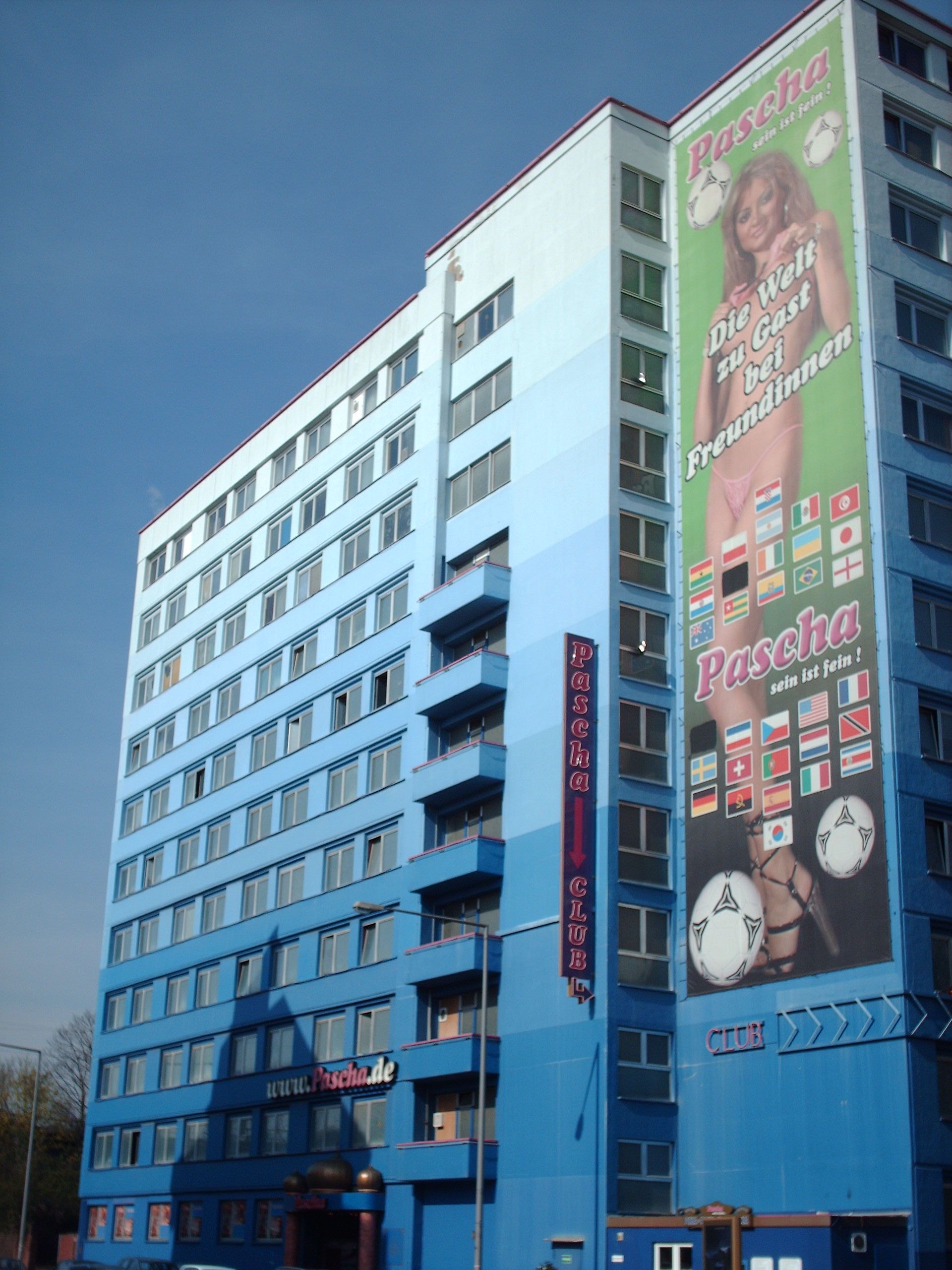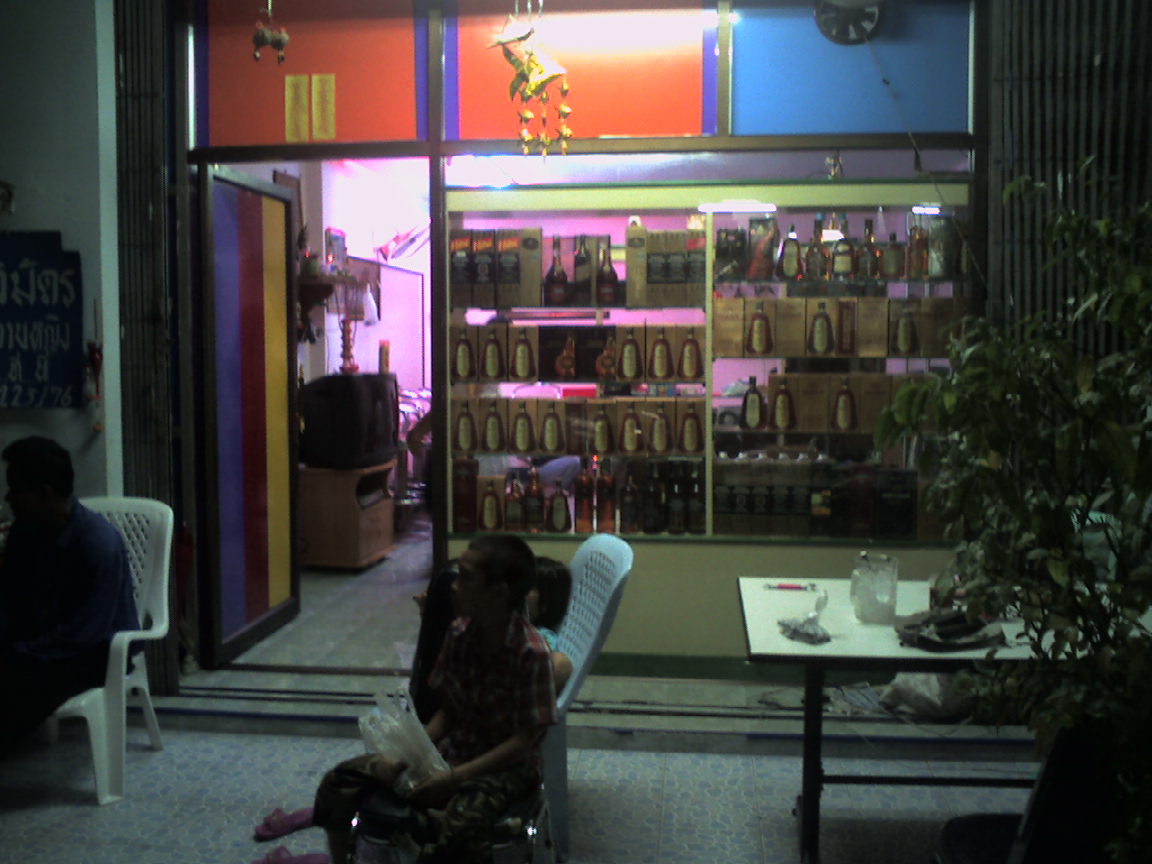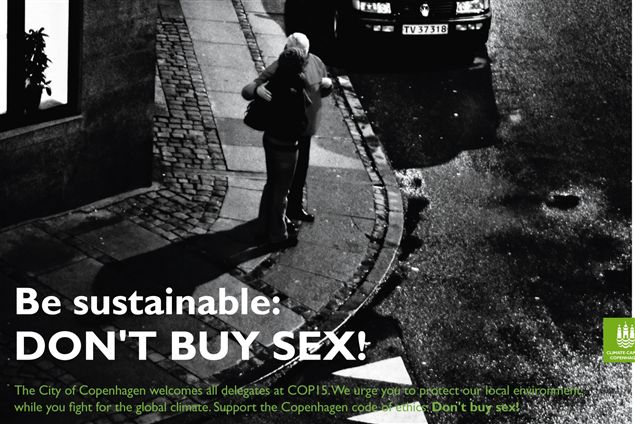 Pornography is characterised as a training manual for men to buy sex in the campaign described here. Sound odd? Developments confirm that industry was a good term to describe the burgeoning phenomenon I used in the title of my book (Sex at the Margins: Migration, Labour Markets and the Rescue Industry), and I now see it as logical that business strategies should be brought to the cause. This campaign aims to eliminate demand for commercial sex (elsewhere in the report called the demand for trafficking, which they should scrap as it makes no sense). Organisations subscribing include ngos, public services like police, FBI and hospitals, business corporations, foundations, journalists, nuns et cetera. Are government employees permitted to use their titles in such privately-funded campaigns?
Pornography is characterised as a training manual for men to buy sex in the campaign described here. Sound odd? Developments confirm that industry was a good term to describe the burgeoning phenomenon I used in the title of my book (Sex at the Margins: Migration, Labour Markets and the Rescue Industry), and I now see it as logical that business strategies should be brought to the cause. This campaign aims to eliminate demand for commercial sex (elsewhere in the report called the demand for trafficking, which they should scrap as it makes no sense). Organisations subscribing include ngos, public services like police, FBI and hospitals, business corporations, foundations, journalists, nuns et cetera. Are government employees permitted to use their titles in such privately-funded campaigns?
From the Executive Summary of the National Planning Meeting to Eliminate Demand for Commercial Sex, Cambridge, Massachusetts, May 8–May 10, 2010, Sponsored by the Embrey Family Foundation and Hunt Alternatives Fund:
Most public and private resources dedicated to human trafficking in the past decade have been crisis oriented, understandably geared toward rescuing and rehabilitating victims and, to some extent, prosecuting the perpetrators. However, policymakers, academics, and activists increasingly recognize that the endless supply of victims won’t abate unless we combat the demand for trafficking. A growing number of countries and cities worldwide have designed policies and programs to end this demand. We are not starting from scratch.
Inspired by the work of others worldwide, and in collaboration with a team of top-level advisers, Hunt Alternatives Fund is launching a multi-year, multi-stakeholder campaign to eradicate demand for commercial sexual exploitation in the United States.
As a first step, Abt Associates Inc., a consultancy in Cambridge, MA, was contracted to review practice, policy, law, and research related to demand reduction. The Abt consultants were asked to suggest three to four frameworks for developing a national strategy.
The planning meeting was a chance to develop a common understanding of demand and create a national campaign focused on effectiveness and devoid of partisanship and ideology. Recommendations included the following (also called Landscape Assessment for the National Campaign).
1. Conduct ongoing research, especially as a tool to unlock public (thus, official) support.
2. Leverage survivors’ knowledge and experiences to put the research in a human context and to cultivate political will by making an undeniable case for addressing demand.
3. Lobby Congress to pass, strengthen, and fund laws.
4. Build coalitions to unify the movement’s work. Dr. Shively cited mental health as an example of how a movement can use procedures.
A selection of suggestions from the meeting:
- We need to attack prostitution as “a business like any other corporation,” and we must convert profit-making practices into liabilities, as was done to the tobacco industry.
- We should seize large marketing opportunities, such as the upcoming World Cup matches in South Africa, to “create controversy on a world level” and use it to draw attention to prostitution.
- Hotels that are sites of exploitation should train employees to recognize the signs of sex trafficking and require that they sign a Code of Conduct sponsored by ECPAT, but many refuse to do so.
- We need to harness the power of technology, specifically e-advertising, to raise awareness and increase public engagement.
- We should tap “celebrity power” to use major stars’ influence to encourage public engagement.
Read the report’s Executive Summary or the whole long thing. Here’s the list of participants in the planning meeting:
• David Abramowitz, Director of Policy and Government Relations, Humanity United
• Christopher Adams, Polaris Project, Director Of Operations
• Annjanette Alejano-Steele, Laboratory to Combat Human Trafficking, Research and Training Director
• Kayrita Anderson, Harold & Kayrita Anderson Family Foundation, CEO
• Hilary Axam, DOJ Civil Rights, Acting Director Human Trafficking Prosecution Unit
• Luis cdeBaca, Ambassador at Large, Office to Monitor and Combat Trafficking in Persons, U.S. Department of State
• Christina Bain, Program Administrator for the Initiative to Stop Human Trafficking, Carr Center for Human Rights Policy, Kennedy School, Harvard University
• Kevin Bales, Free the Slaves, President
• Julie Bindel, Journalist, Researcher and Feminist Campaigner
• Katherine Blakeslee, U.S. Agency for International Development Director, Office of Women in Development
• Rachel Boisselle, Federal Bureau of Investigation, Special Agent
• Theodore Bunch, A CALL TO MEN, Co-Director
• Cathy Boisvert, YWCA of Central Massachusetts Daybreak Coordinator of Special Projects
• Francine Braae, SAGE Project, Co-Executive Director
• John Chris Bray, Phoenix Police Department, Vice Enforcement Unit Sergeant
• Jimmie Briggs Jr., Man Up, Founder/Executive Director
• Elizabeth, Cafferty. Massachusetts General Hospital, Associate Director, Division of Global Health and Human Rights
• Brigitte Cazalis-Collins, Friends of Maiti Nepal, Executive Director
• Kristy Childs, Veronica’s Voice, Executive Director
• Katherine Chon, Polaris Project, President and Co-Founder
• Adam Cohen, NoPornNorthampton, Co-Founder
• Joseph Collins, Friends of Maiti Nepal
• Dawn Conway, LexisNexis, Sr. Vice President of Corporate Responsibility
• Janice Shaw Crouse, Ph.D., Concerned Women for America, Director and Senior Fellow at the Beverly LaHaye Institute
• Linda Daniels, Department of Defense, Program Manager, Trafficking in Persons Program
• Stephanie Davis, Georgia Women for a Change, Executive Director
• Gail Dines, Professor of Sociology and Women’s Studies, Wheelock College in Boston
• Rachel Durchslag, Chicago Alliance Against Sexual Exploitation, Executive Director
• Jesse Eaves, Children in Crisis
• Carol Edgar, Carol Edgar Communications, Media Consultant
• Gayle Embrey, Embrey Family Foundation, Executive Vice President
• Heather Faris, Air Change, Co-Executive Director
• Melissa Farley, Prostitution Research & Education, Director
• Amanda Finger, Laboratory to Combat Human Trafficking, Executive Director
• Ken Franzblau, Equality Now
• Eleanor Gaetan, Coalition Against Trafficking in Women, Senior Policy Advisor
• Donna Gavin, Boston Police Department, Family Justice Center, Human Trafficking Unit, Sergeant Detective
• Susan Goldfarb, Children’s Advocacy Center of Suffolk County, Executive Director
• Samir Goswami, Chicago Community Trust, 2010 Fellow
• Deena Graves, Traffick911, Executive Director
• Florence Graves, Brandeis University, Founding Director, Schuster Institute for Investigative Journalism
• Ruchira Gupta, Apne Aap Women Worldwide, Founder/President
• Marian Hatcher, Cook County Sheriff’s Office, Administrative Assistant to the Executive Director
• Kaethe Morris Hoffer, Chicago Alliance Against Sexual Exploitation, Legal Director
• Wiveca Holst, Swedish Women’s Lobby
• Michael Horowitz, Hudson Institute
• Donna Hughes, University of Rhode Island, Professor and Eleanor M. and Oscar M. Carlson Endowed Chair; Co-Founder of Citizens Against Trafficking
• Kathryn Infanger, Marion County Prosecutor’s Office, Deputy Prosecutor
• Guy Jacobson, RedLight Children, Executive Director
• Cherie Jimenez, Kim’s Project, Coordinator
• Celiné Justice, Peace is Loud, Program Director
• Jackson Katz, Anti-sexist male activist and Co-founder of the Mentors In Violence Prevention
• Nan Kennelly, Office to Monitor and Combat Trafficking in Persons, U.S. State Department, Deputy Director
• Amanda Kimball, Children at Risk, Director of Public Policy and Government Affairs
• Beth Klein, Esq., Klein-Frank P.C., Founder & Managing Shareholder; Fellow of the Colorado Bar Foundation
• Mark Lagon, Consultant on Corporate Social Responsibility and Human Trafficking (an independent consultancy); former Ambassador at Large to Combat Trafficking in Persons at U.S. State Department
• Carole Lombard, Sisters of St. Joseph Boston, Director of Justice and Peace
• Victor Malarek, Investigative Journalist
• Mohamed Mattar, Johns Hopkins University, Director of the Protection Project
• Katherine McCullough, A Future. Not A Past./Juvenile Justice Fund, Campaign Director
• Terrie McDermott, Cook County Sheriff’s Office, Executive Director of the Department of Women’s Justice Services
• Karen McLaughlin, International Organization for Victim Assistance, Director of Public Policy
• John Miller, former Ambassador at Large to Combat Trafficking in Persons, U.S. State Department
• Martin Monto, Professor of Sociology, Portland State University,
• Bradley Myles, Polaris Project, Executive Director and CEO
• Maria-Isabel Nieto, BAVARIA S.A., Director of Government Affairs
• Audrey Porter, My Life My Choice, Assistant Director
• Norma Ramos, Coalition Against Trafficking in Women, Executive Director
• Jendi Reiter, NoPornNorthampton, Co-Founder
• Deborah Richardson, Women’s Funding Network, Chief Program Officer
• Mary Robertson, Laboratory to Combat Human Trafficking, Research Assistant; University of Colorado at Boulder, graduate student of sociology
• Beth Schapiro, Beth Schapiro and Associates, Executive Director
• Jeff Sedgwick, Keswick Associates, President; former Assistant Attorney General, U.S. Department of Justice
• Jane Nady Sigmon, Ph.D., Senior Coordinator for International Programs in the U.S. State Department’s Office to Monitor and Combat Trafficking in Persons, Global Affairs
• Carol Smolenski, ECPAT-USA, Executive Director
• Melysa Sperber, Vital Voices Global Partnership, Senior Program Officer for Human Rights
• Dorothy Stafford, Middle Georgia Alliance to End Regional Trafficking, Board of Directors
• Guðrún Jónsdóttir Stígamot, Counseling and Information Center on Sexual Violence, Spokesperson
• Karen Strauss, Polaris Project
• Lisa Thompson, The Salvation Army National Headquarters, Liaison for the Abolition of Sexual Trafficking
• Samantha Vardaman, Shared Hope International, Senior Director
• Steve Vienneau, FBI Boston, Agent
• Mary Rita Weschler, The Women’s Table, Sisters of St. Joseph of Boston, Director
• Alan White, SAGE Project, Co-Executive Director
• Linda Williams, University of Massachusetts Lowell, Professor
• Brian Willis, Global Health Promise, Director
• Alicia Foley Winn, The Boston Initiative to Advance Human Rights, Executive Director
• Thirteen police officers and sheriff’s deputies whose identities are withheld
• An additional 10 people who were interviewed but requested anonymity
• Relevant discussions were held with an additional 15 people during conferences and events convened by the U.S. Department of Justice and U.S. Department of State























